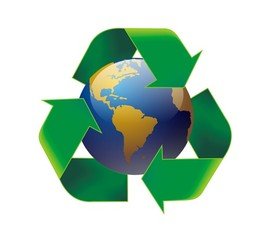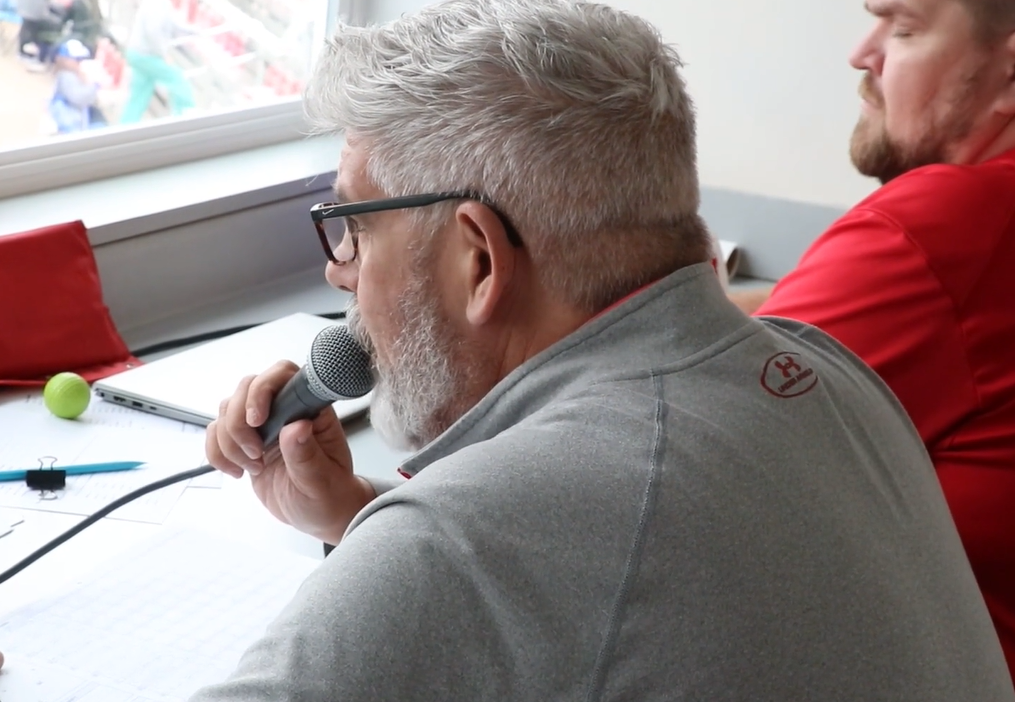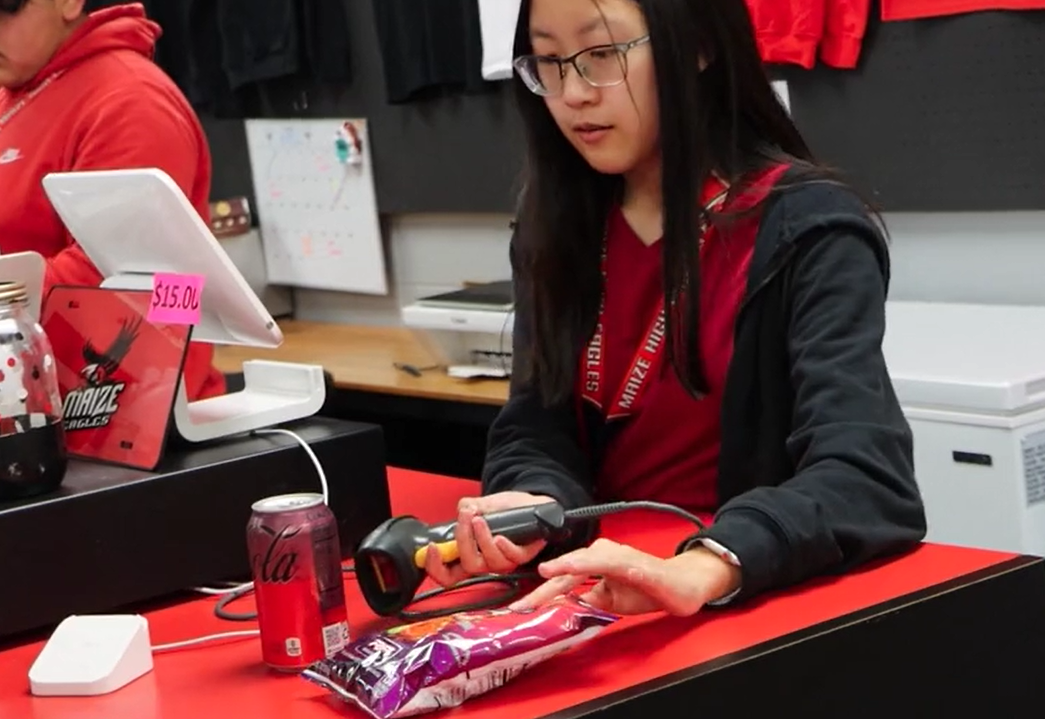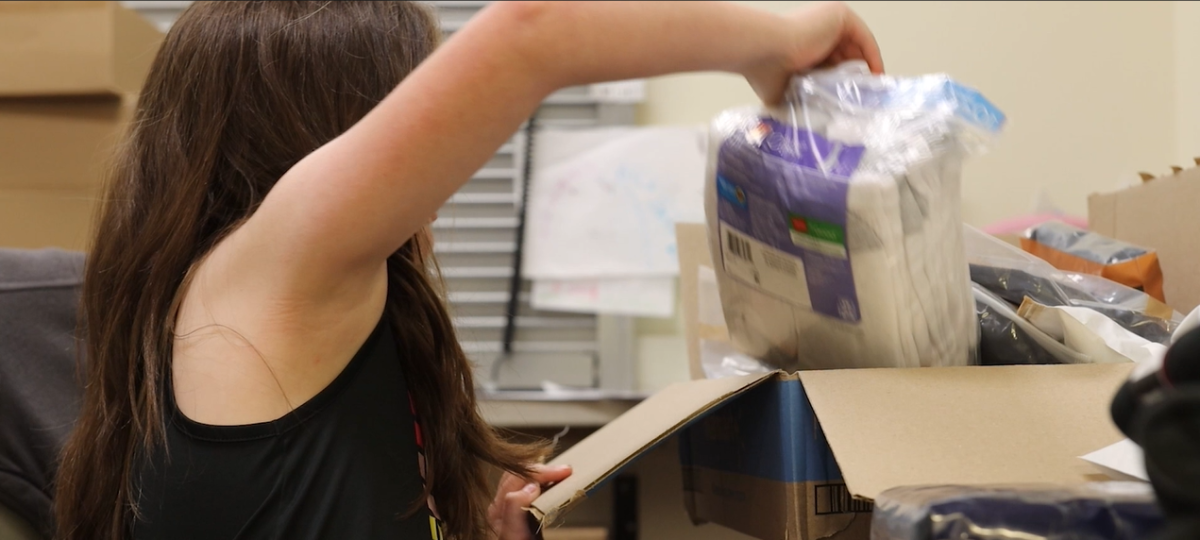COVID-19 shutdown helps environment
Dayten Allen, OneMa1ze Broadcasting
October 20, 2020
 With environmental issues on the rise in modern activism, COVID-19 and school closures seemed to help. Just in these past few months environmental issues have risen to 80%.
With environmental issues on the rise in modern activism, COVID-19 and school closures seemed to help. Just in these past few months environmental issues have risen to 80%.
Science teacher Stanley Bergkamp was in charge of the Solar Initiative program and is an avid supporter of environmental awareness.
“During the initial lock down phase in the spring, there was a reduction in carbon dioxide emissions,” Bergkamp said. “But the other side is that now people are discarding their masks and they are ending up in the water system.”
Senior Jacob Hanna is a constant supporter of environmental friendliness and change.
“More and more extreme weather events will occur unless we, as Americans, and world citizens band together and find a solution,” Hanna said.
Environmental change is often
“We only have this one planet,” Bergkamp said. “We might already be at a tipping point.”
Paper is a key component of environmental waste and consumption, especially from schools and other education centers.
“Writing things down helps the brain retain information better than alternatives so it shouldn’t be done away with,” said Hanna. “But companies like paper mills when they cut down trees should replant in order to replenish the environment.”
There are many different ways to help the environment, especially at schools.
“I’d like to see school districts pass renewable energy bond issues to install solar arrays on the schools where it is economically viable,” said Bergkamp.
With so many problems, many solutions will arise, but none are simple to achieve.
“In my opinion there is no simple solution,” Hanna said. ”The change needs to come from the top.”
With upcoming generations it is more important than ever for kids to be involved in helping reduce environmental issues.
“I’d also like to see the kids become more politically active in pushing for local and state governments to pass legislation that encourages the use of renewable energy sources,” Bergkamp said.
Environmental advice is all around and, without scientists doing their job, environmental advice would even be more difficult to find.
“Stop fighting the scientists,” Hanna said. “We don’t want to continue to destroy the planet in the next 100 to 200 years.”





